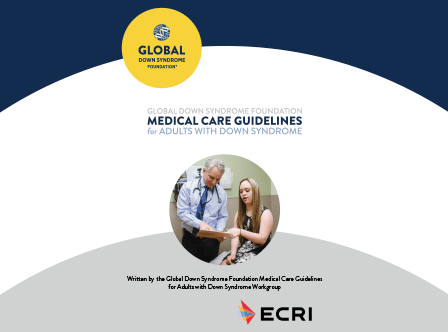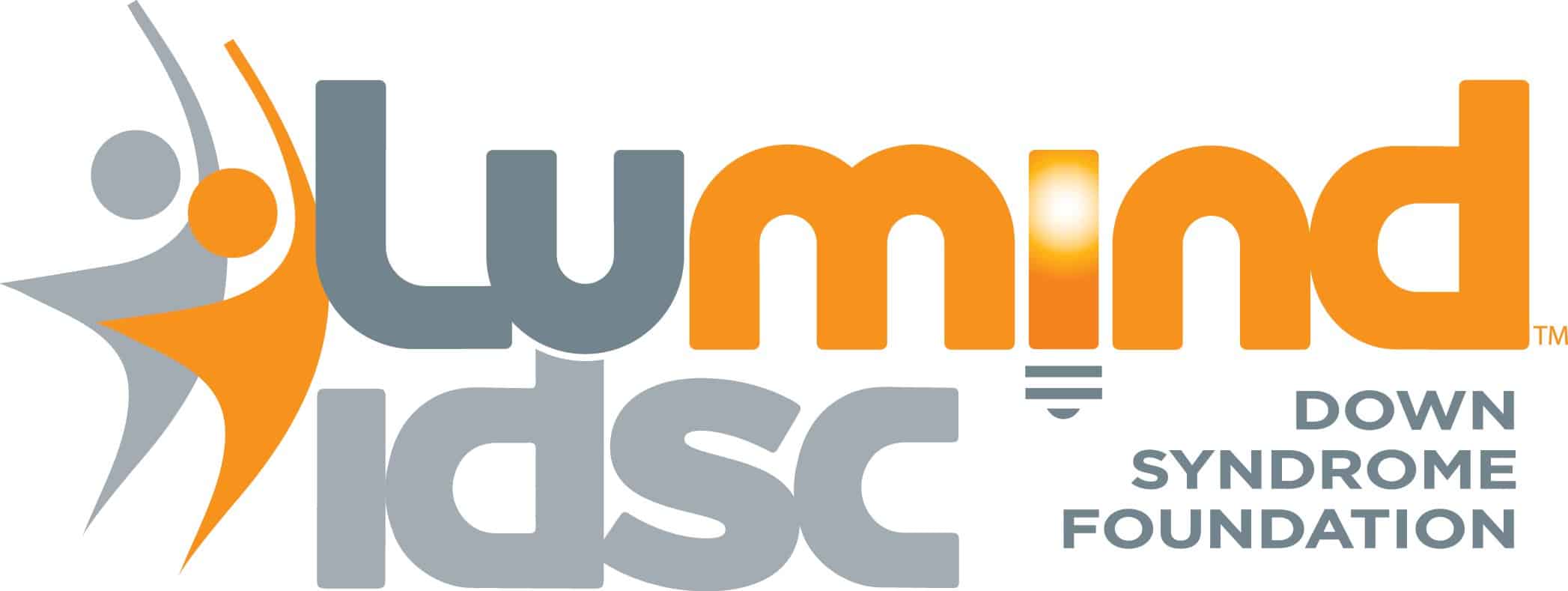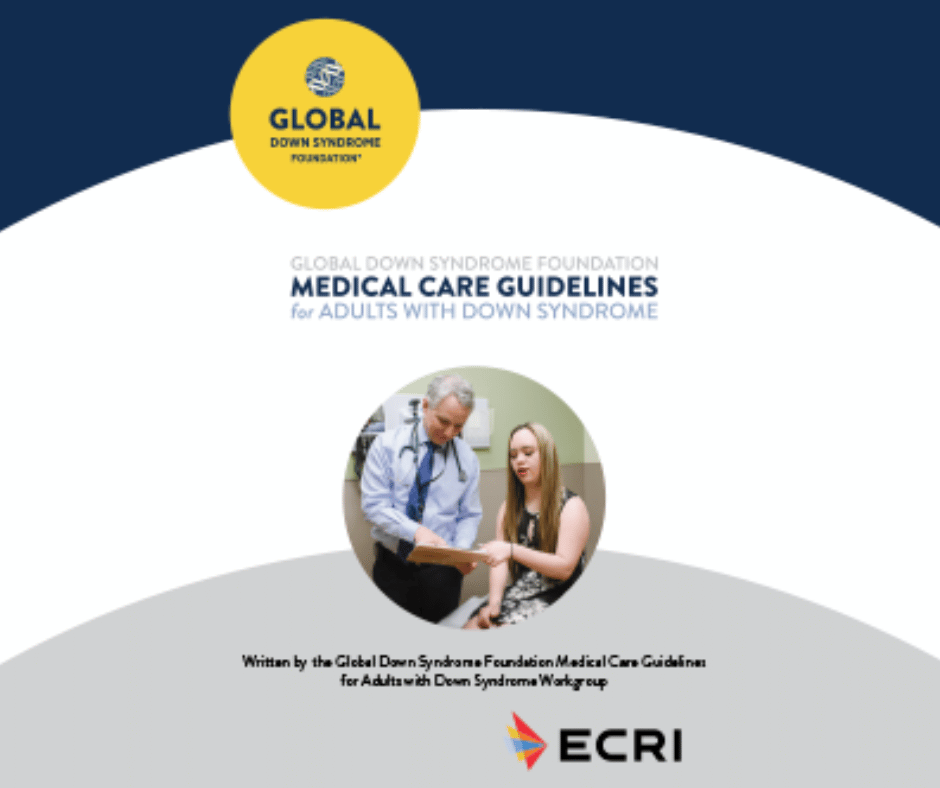
The lifespan of people with Down syndrome has increased from an average of 28 years in the 1980s to 60 years today. However, research and medical care has not kept up with the large number of people with Down syndrome who are living well into adulthood. LuMind IDSC Foundation is proud to share that we are addressing this by supporting the GLOBAL Medical Care Guidelines for Adults with Down Syndrome© that were published in the October 20, 2020 Issue of JAMA, the Journal of the American Medical Association. Publication in JAMA underscores the quality of the Global Guideline and ensures that clinicians across the U.S. have access to this important resource.
The authors include the clinical directors of many of the largest adult Down syndrome medical centers in the country – Advocate Health Care in Chicago, University of Pittsburgh Medical Center, Kennedy Krieger Institute at Johns Hopkins School of Medicine, University of Kansas Medical Center, University of Arkansas for Medical Sciences, and Denver Health in conjunction with the Anschutz Medical Campus School of Medicine at University of Colorado. The first-in-kind Global Guideline was peer reviewed, edited, and published in the Special Communication section of the print and online October 2020 issue of JAMA, the Journal of the American Medical Association.
The Global Guideline is for clinicians and addresses nine medical areas: Behavioral Health, Dementia, Diabetes, Cardiovascular Disease, Obesity, Atlantoaxial Instability, Osteoporosis, Thyroid, and Celiac Disease. It is made up of 14 recommendations and 4 statements of good practice. Some of the recommendations align with existing guidelines in individuals without Down syndrome, and two are markedly different. There were several questions associated with the recommendations that had no published research evidence, and therefore were answered based on the clinical expertise of the authors.
LuMind IDSC Foundation is grateful to GLOBAL for leading this difficult and important initiative and we encourage our families and supporters to use the Global Guideline in ensuring better health outcomes for our adults with Down syndrome.


